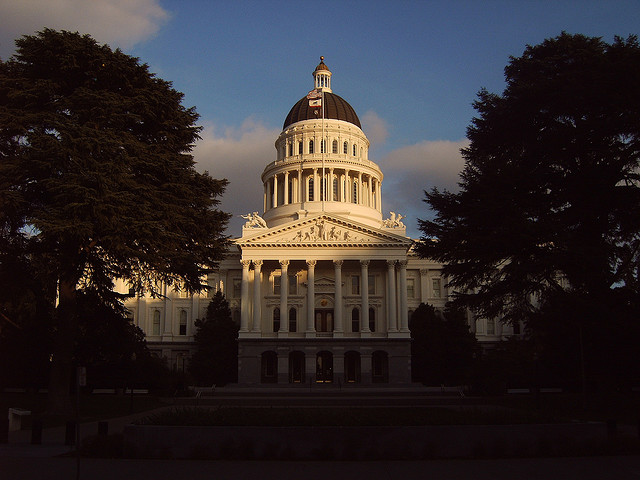San Jose’s pension debate continues to roil, and now Sacramento is involving itself. Seven lawmakers from both the Assembly and Senate have decided to call for a state-run audit of the city’s pension system, just one day before the City Council was set to vote on sending a ballot measure before voters that would overhaul the city’s pension system.
“We would not object to an audit of the city’s pension obligations,” said Mayor Chuck Reed in a statement on Monday. “However, we would object to a politically motivated audit that might interfere with our constitutional right to amend our charter by a vote of the people.”
The latest push, which could be used to stall today’s vote at the City Council, is spearheaded by Assemblyman Jim Beall, who served 14 years on the San Jose City Council and 12 years on the San Mateo County Board of Supervisors before his election to the Assembly.
“I think there’s some issues to discuss. What we want is an independent actuarial report that covers all fiscal accountability issues,” Beall said in an interview with PublicCEO.
In early February, Beall called for a delay in the pension measure in order to “get accurate numbers (on the actual pension obligation).”
“We’re going to go ahead with the audit and have the opportunity to look at the situation,” Beall said.
Mayor Reed, in his statement, said that both the timing and the existence of an ongoing audit would be used to campaign against the ballot measure.
“Of course, the mere fact that an audit is being done will be used as an attack on our pension reform ballot measure,” said Reed. “For that reason, the committee’s decision should be delayed until after June 5, 2012, so the audit will not have to be done in [a] politically charged environment.”
Beall said that he didn’t think that the timing of this announcement would affect Tuesday’s vote.
According to Mayor Reed and official estimates by the City’s staff, pension costs could rise to $650 million by 2015. However, a KNTV report said their estimates bring the pension costs to only about $300 million. Beall and the six other legislators – along with San Jose’s unions – are all calling for an unbiased investigation to see what the actual numbers are.
Mayor Reed has acknowledged in the past that the $650 million figure is the worst case. However, he also cited realized increases that have drained city coffers over the last ten years as proof that costs will continue rising above the $300 million mark.
These charts, provided by the Mayor’s office, illustrate the scope of the problem. Since 2001, pension costs have increased from $73 million per year to $245 million per year. Those costs have increased despite the city shedding more than 2,000 positions in the same timeframe. Particularly hard hit was the police department that lost 20 percent of its total staffing despite a 47 percent increase in funding.
“These are not projections or assumptions,” said Reed. “They are actual dollars spent. Retirement benefits now cost the city more than 50 percent of base payroll and consume over 20 percent of our general fund budget.“
The San Jose City Council is expected to vote on the Pension Measure at tonight’s meeting.





